Politics concerned the power relationships between individuals within and across the societies that they formed, such as the policies of a government. Those involved in such activities as their careers were referred to as politicians, who were elected by voters in democratic systems of governance. Across the galaxy, there existed many different forms of government, including dictatorships and monarchy-based traditions, which were dynamic and subject to change in times of both war and peace. An old Corellian saying that existed by the High Republic Era was "The promise of a politician is trash." Indeed, Jedi Knight Obi-Wan Kenobi once remarked it was unwise to trust politicians.
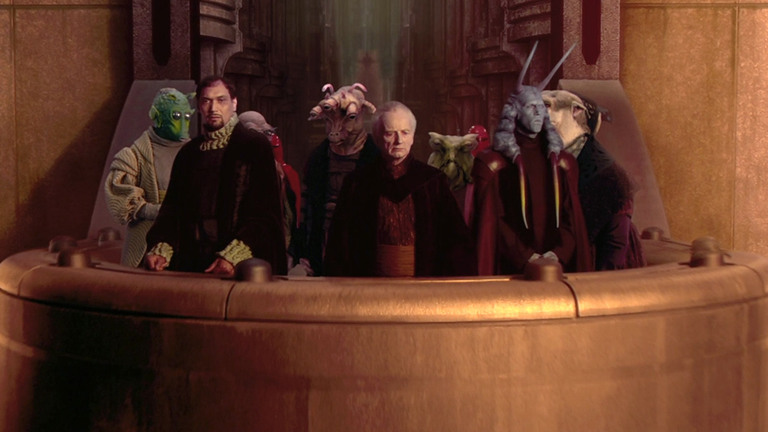
The Galactic Republic was a government in which power was held by the Senate and its elected leader, the Supreme Chancellor.
In a republic, people were governed by elected representatives and an elected leader rather than by a monarch. With its body of elected senators, the Galactic Republic was a galaxy-spanning democracy. However, that system was not without its drawbacks. As admitted by Padmé Amidala, a Republic senator, elected representatives were often too stubborn to reach consensus, and some were known to even take bribes. Additionally, many of those representatives were tempted to forget common interest and looked out only for themselves and their home systems. The Jedi Knight Obi-Wan Kenobi thought that most senators were only focused on pleasing those who sponsored their campaigns, which prompted them to forget the ideals of democracy.
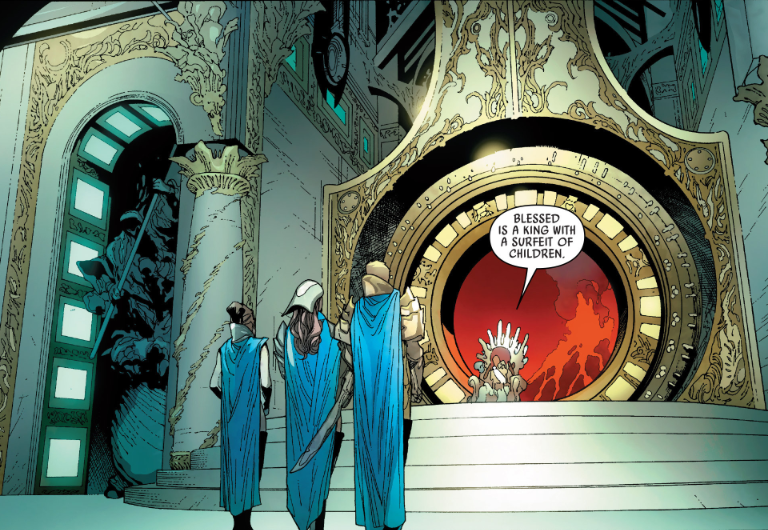
In a monarchy, the monarch was the head of state.
In a monarchy, a single individual—known as king or queen depending on gender—would rule their people by birthright, grounding their legitimacy in lineage. The Elder Houses were comprised of ancient galactic royalty.
Sometimes, however, the legitimacy of a lineage was contested. During the Clone Wars, Prince Lee-Char of Mon Cala was preordained to succeed his father Yos Kolina, but the Quarren inhabitants of the planet wanted to place one of their own on the throne, which prompted them to wage war with the crown heir. Other planets ruled by monarchies included Aleen, Toydaria, and Onderon. Some monarchs, such as those of Naboo, were elected to the throne. Alderaan had the throne pass to the king or queen's eldest child but in order to be officially invested as heir they needed to complete three challenges of the body, heart, and the mind which would be announced on the heir apparent's Day of Demand.
By the time of the New Republic, few people still took hereditary nobility seriously, including nobles themselves. Due to this, the noble titles of many planets became largely ceremonial.
There also existed hybrid forms of government. On the planet of Naboo, the head of state was referred to as a king or queen despite being elected by their people. They were assisted by a body of ministers called the Naboo Royal Advisory Council. Additionally, that elected sovereign could only serve two terms in accordance with the Naboo constitution.
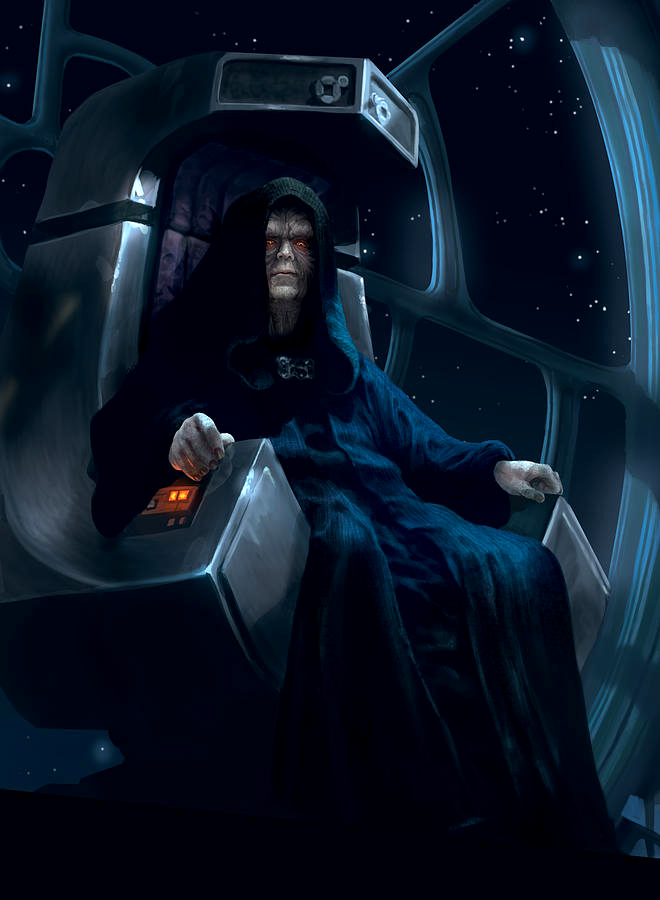
Darth Sidious held supreme power as Emperor of the first Galactic Empire.
A dictatorship was a form of government in which central authority is vested in the hands of a single individual, who often held vast executive power. The authority of that individual, called a dictator, is often enforced through various oppressive mechanisms, such as repression of the press, detention of political activists and the use of omnipresent security measures to monitor public opinion, often with hopes of manipulating it in favor of the regime. A form of dictatorship was called fascism.
At the time of the Clone Wars, the planet Quarzite was ruled over by a Belugan dictator, Lord Otua Blank. When Sheev Palpatine, then Supreme Chancellor of the Republic, announced the establishment of the First Galactic Empire, the galactic government shifted from a democracy to a dictatorship, more specifically, a fascist regime.
Rule by military officers was called stratocracy.
A massive nongovernmental criminal-orientated organizational body ruled by a single individual, such as that of the criminal empire of the Hutt Jabba Desilijic Tiure, may also function as a dictatorship.
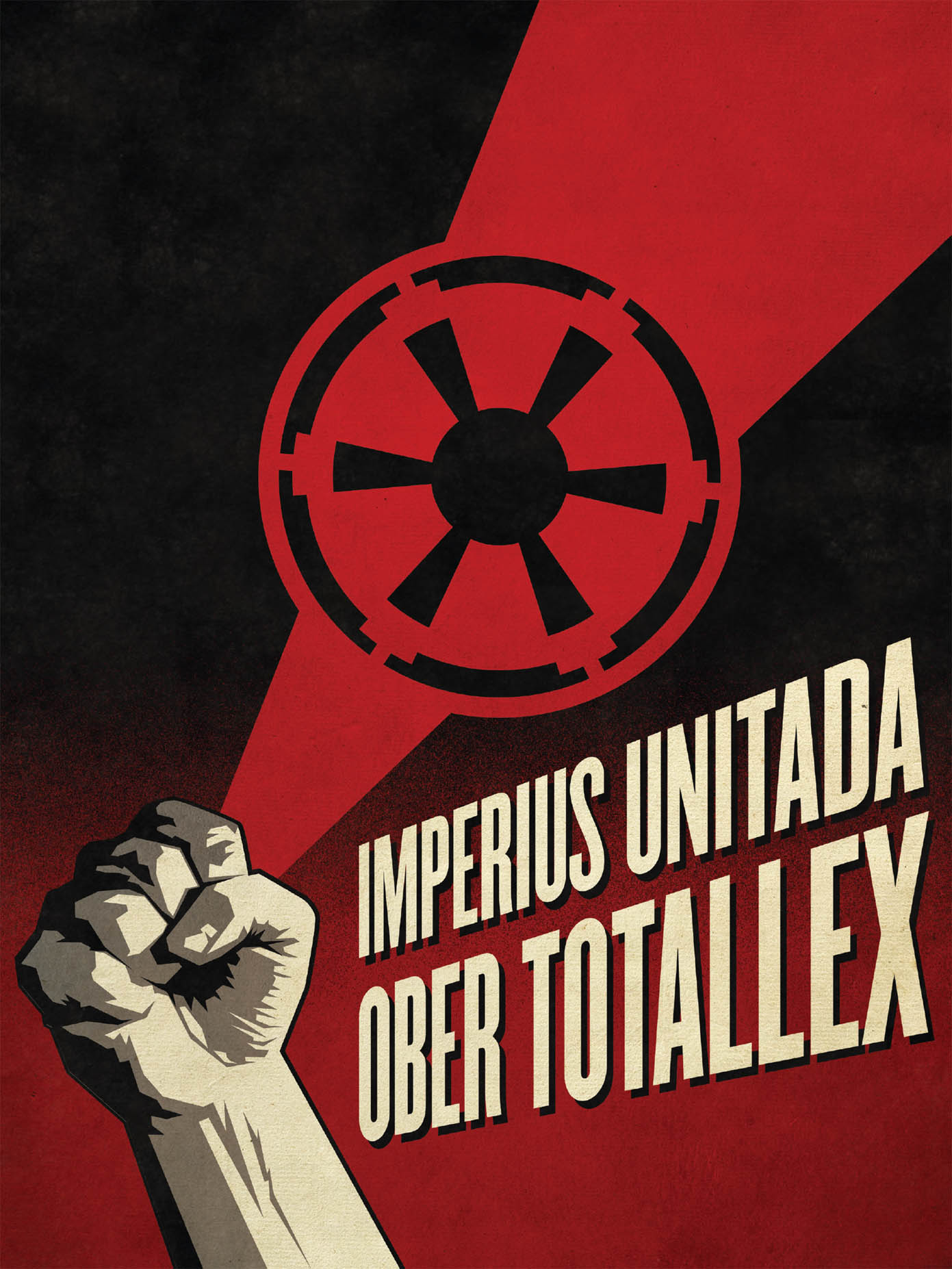
An empire consisted of territories that were ruled by a central authority.
An empire was an authoritarian system of geopolitical organization in which various territories and aggregates were collectively constituted underneath a common, centralized executive authority. Oftentimes, these territories would fall under the direct rule of a singular galactic government's jurisdiction, as was the case with the Galactic Empire and the way in which it was administrated. In other cases, empires were more nuanced, instead manifesting as hegemonies; here, the various aggregates would be devolved, with territories retaining their own official sovereignty, though many were often vassal states of the most powerful government in the dominion. A good example of this was the isolationist Chiss Ascendancy, a political designation that saw its planets controlled by the ruling houses of the Aristocra.
Traditionally, many empires fell under the rule of a single leader, who was typically called an emperor or an empress, depending on the gender.
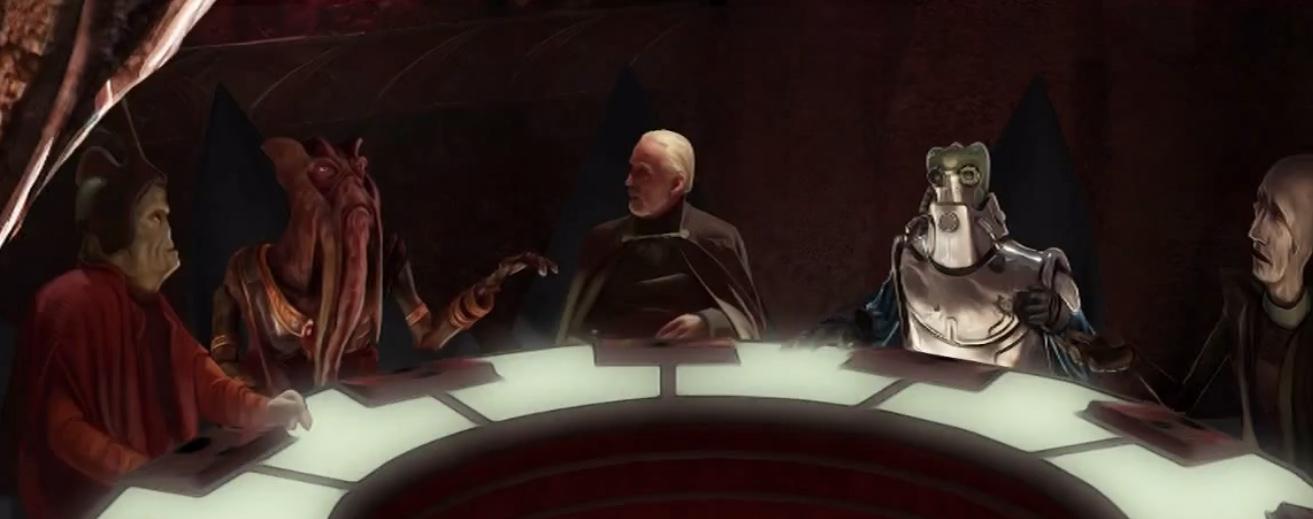
The Confederacy of Independent Systems was an alliance of star systems disillusioned with the Galactic Republic.
An alliance was a collection of various groups united by a mutual goal. One such alliance was the Confederacy of Independent Systems, otherwise known as the Separatist Alliance. The Confederacy was formed by the star systems that sought to leave the Galactic Republic, alleging government corruption and high taxation as their grievances. The Confederacy military was funded by large corporations such as the Corporate Alliance, the InterGalactic Banking Clan, the Techno Union, and the Trade Federation, the leaders of which served on the Executive Separatist Council.
But unbeknown to the galaxy, the Confederacy were under the secret influence of Sith Lord Darth Sidious who used the Separatist Crisis and the Clone Wars to achieve the goal of restoring Sith rule to the galaxy. The Confederacy styled itself as a democratic government, with the Separatist Senate comprised of the elected representatives of Separatist worlds.
The Alliance to Restore the Republic, also known as the Rebel Alliance, was composed of small resistance cells that united into a larger rebellion against the Galactic Empire. The Rebel Alliance's stated intentions included opposing the Emperor and his forces, defying Imperial laws that violated the "rights of free beings," destroying the Empire, and restoring liberty to the galaxy.
- William Shakespeare's The Phantom of Menace: Star Wars Part the First